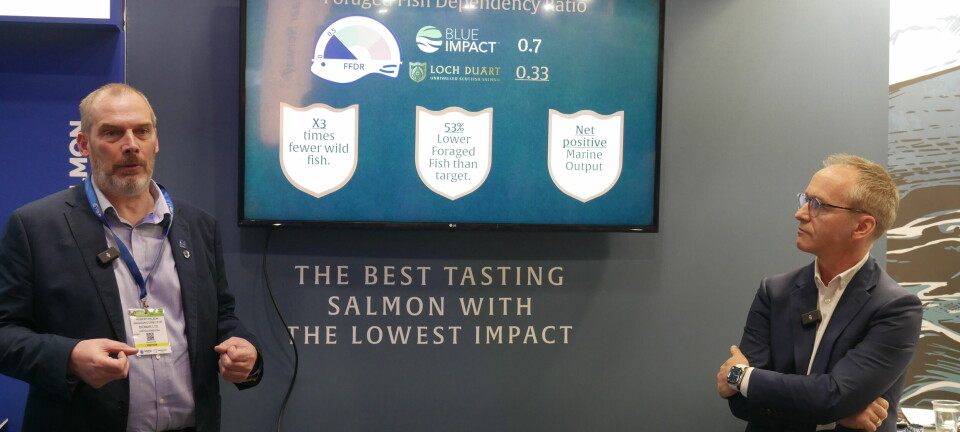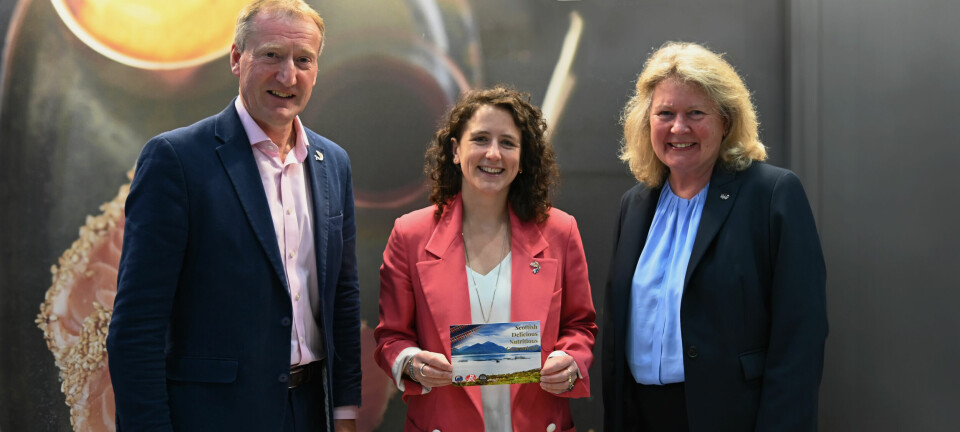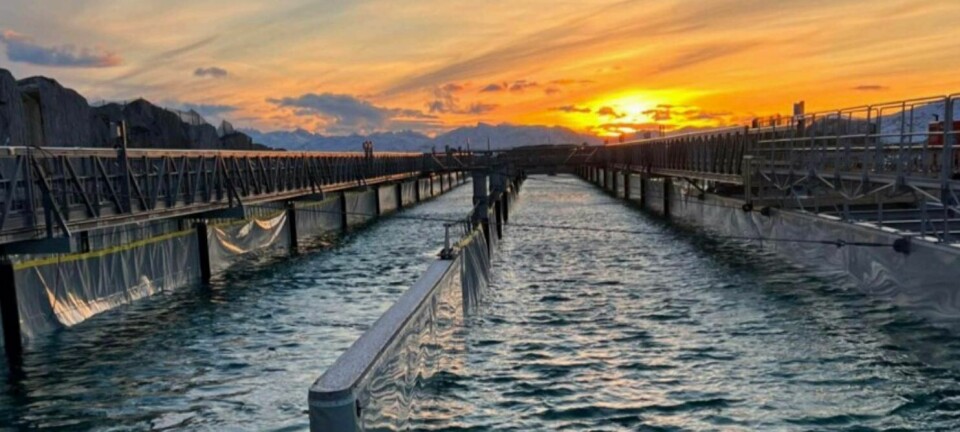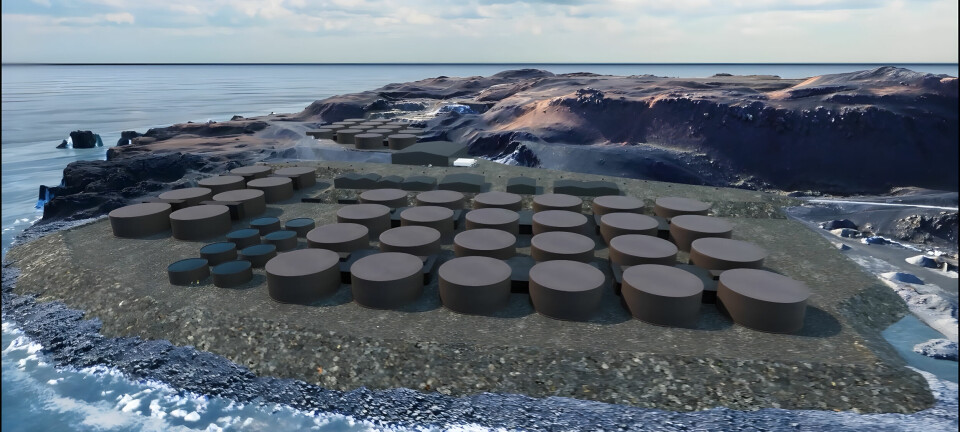A new dawn for land-based salmon?
The Nova Scotia firm Sustainable Fish Farming claims to have solved the problem of water filtration that has been the major limiting factor in land-based salmon farming. The CEO, Kirk Havercroft, has developed technology that uses 100% re-circulated saltwater – a technique he hopes to see spread across Canada within 12-24 months.
“Access to salt water is no longer required, meaning it’s quite possible with this technology because it runs so efficiently, to mix the right amount of sea salt with fresh water, to make up anything that is required for the whole farm. And therefore there’s no reason why a salt water salmon farm could not be located for example on the edge of Toronto.”
Sustainable Fish Farming operates a closed-containment farm facility close to the Bay of Fundy in Centre Burlington that recycles all saltwater in the tanks while waste is drawn out and used as fertilizer. The salmon, marketed under the brand name Sustainable Blue, are fed organic feed and are free from antibiotics.
The company has been developing the closed-containment technology since 2007, with many trials and tribulations along the way. But now, the fish are finally ready for market. "It feels like finally, all of that effort is being rewarded," Havercroft said.
The site is currently capable of producing 100 tonnes of salmon per year. There are already additions underway to allow the site to produce 165 tonnes per year.
Havercroft says next year the company plans to build another 500-tonne production unit on land it owns beside the existing facility. Sustainable Fish Farming intends to license the new unit to another farm. It will use the same technology developed by Havercroft's company.
Havercroft says his firm is willing to provide the technology under license to fish farmers across the country.




















































